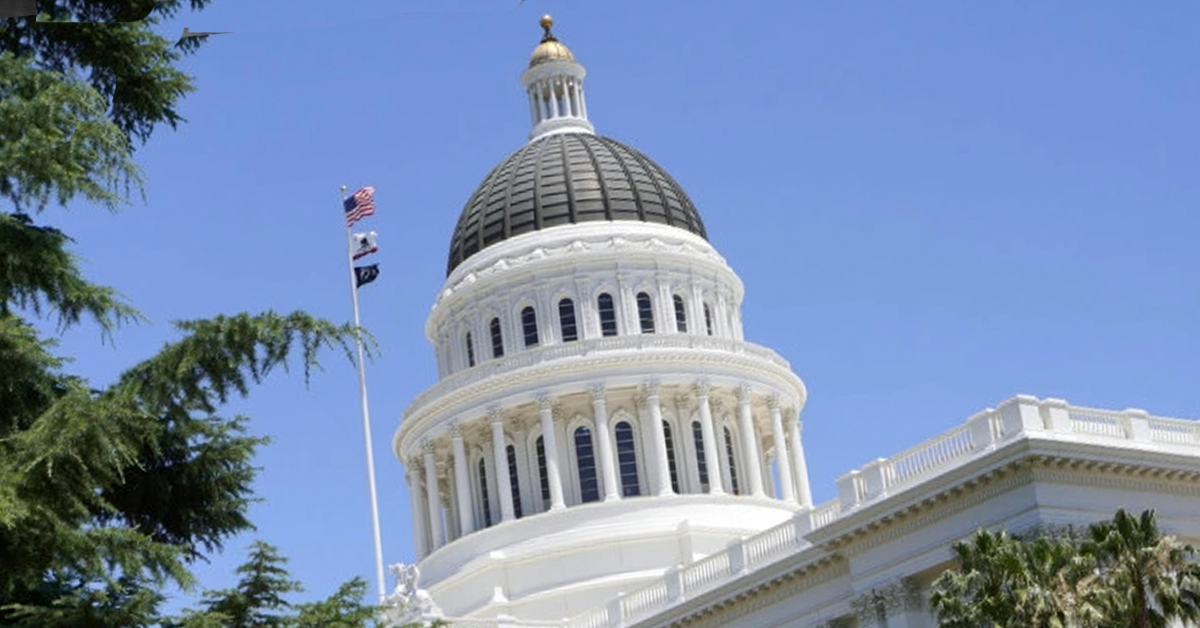The U.S. Supreme Court ruled that cities can enforce bans on homeless people sleeping outdoors, even in West Coast areas where shelter space is lacking.
With a 6-3 ruling along party lines, the court found that outdoor sleeping bans did not violate the 8th Amendment prohibition against cruel and unusual punishment.
The big picture: Justice Neil Gorsuch wrote the opinion for the majority, arguing that federal judges could not “match” the wisdom of the American people in deciding how best to address homelessness.
- He suggested that people without shelter could raise a “necessity defense” if they were punished for violating camping bans.
Driving the news: Homeless advocates have expressed concern that the ruling could criminalize homelessness and make the crisis worse.
- The case was seen as a significant ruling on the issue of homelessness, coming at a time when the number of people without a permanent place to live in the U.S. has been rising.
- More than 650,000 people are estimated to be homeless, the highest number since the country began using a yearly point-in-time survey in 2007.
Why it matters: A bipartisan group of leaders argued that it made it harder to manage outdoor encampments encroaching on sidewalks and other public spaces in nine Western states.
- Cities had previously been allowed to regulate encampments but could not ban people from sleeping outside.
- Attorney Theane Evangelis, who represented Grants Pass before the high court, applauded the ruling, saying the 9th Circuit decision had “tied the hands of local governments.” She hoped that the decision would be seen as a turning point in America’s homelessness crisis.
The other side: However, Justice Sonia Sotomayor, in her dissenting opinion, argued that punishing people for sleeping outdoors was cruel and unusual.
- She warned that such ordinances were likely to face more days in court and raised concerns about potential Eighth Amendment violations.
The backstory: The case originated from the rural Oregon town of Grants Pass, which appealed a ruling striking down local ordinances that fined people for sleeping outside after tents began crowding public parks.
- The U.S. 9th Circuit Court of Appeals had held since 2018 that such bans violated the Eighth Amendment in areas without sufficient shelter beds.










